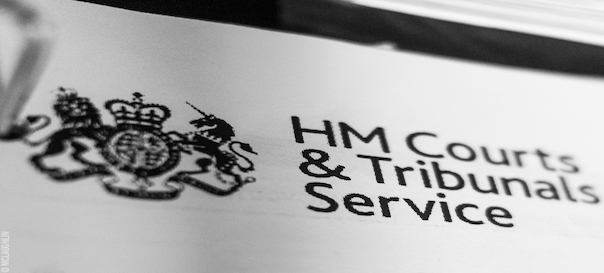Leasehold Valuation Tribunal
Not so long ago some freeholders were able to abuse their rights as the landlord of a block of flats. There were endless cases where managing agents were ripping off flat owners and unscrupulous landlords were charging vast amounts of money for works that weren’t carried out satisfactorily. If a lessee refused to pay the outstanding service charges they would be threatened with forfeiture of their lease.
All of this changed when the Leasehold Valuation Tribunal (LVT) was created in 1997 to deal with the rising number of complaints that the government was receiving. Now thanks to the LVT it is no longer possible to rip lessees off as every charge can now be scrutinised by them.
Dealing With Disputes And Unreasonable Charges
If a lessee receives a bill for a leaky roof that has been fixed and the charges seem unreasonable they can ask the LVT to have a look at it and decide whether or not the freeholder has a case to answer. The Tribunals are run by experts and are quite informal. You can of course represent yourself if you wish to do so.
LVTs are more straightforward than courts and they rely on ‘reasonableness’ rather than strict rules of evidence.
LVT How It Works
 The LVT is run by a panel of experts. Whilst the atmosphere is quite relaxed and informal the Court has a Judge who will be either a surveyor or a similar professional person. They can deal with a whole raft of disputes between freeholders and leaseholders.
The LVT is run by a panel of experts. Whilst the atmosphere is quite relaxed and informal the Court has a Judge who will be either a surveyor or a similar professional person. They can deal with a whole raft of disputes between freeholders and leaseholders.
They are able to deal with financial disputes, right to manage, service charge disputes, leaseextensions, estate charges.
It is not very expensive to apply to the LVT to have your case heard but serious considerations muct be given to potential costs further down the line if you have to employ professionals to act on your behalf.
If you bring a case against your freeholer you may also be responsible for their costs if you lose. They can also decide on the price that is paid for the enfranchisement of a given building.